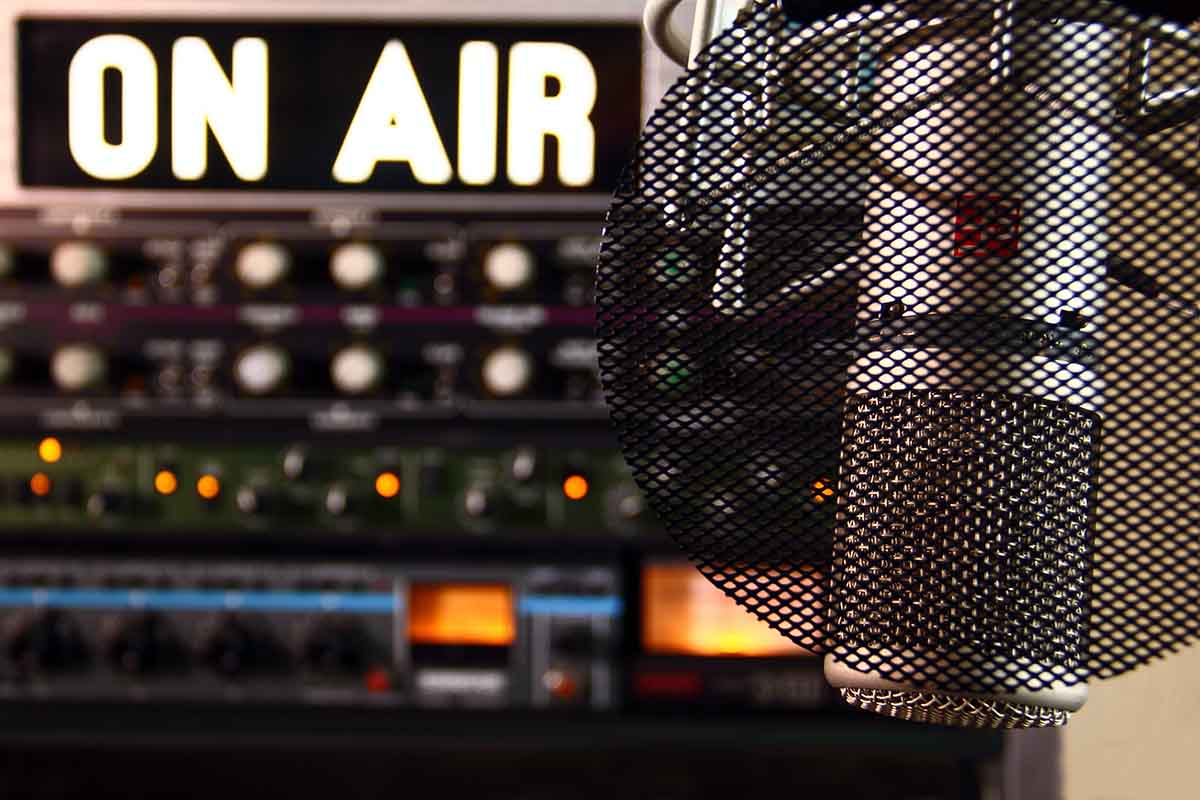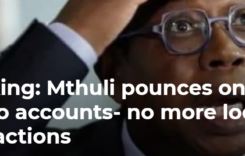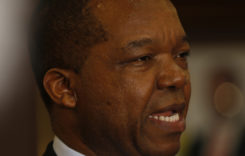Zimbabwe has licensed 21 community radio stations (CRS) in the past three years after two decades of lobbying by media organisations and politicians. Of the 21 stations 14 serve geographical communities while seven are college campus radio stations. Whilst the CSRs have been licensed to broadcast content that is relevant to the respective communities which includes developmental issues, healthcare, basic information and general education, environmental affairs, and the promotion of local culture. It is however unclear, There have been concerns regarding the scope of the scope of coverage for governance and political matters.
What does the Zimbabwean law say about community radio stations broadcasting political content?
Section 10 (1) of the Broadcasting Services Act expressly states that one of the conditions for community broadcasting licensees is that they shall not broadcast any political matter. The law does not however elaborate on the definition of political content.
What do community radio stations say about broadcasting political content?
The Zimbabwe Association of Community Radios (ZACRAS) Code of Ethics elaborates that, community radio stations shall not become, the mouthpiece or publicity vehicle of any particular political party and shall not broadcast material under the influence of any political party or be prejudiced against them.
Is it common for community radio stations to broadcast political content?
Other governments allow the broadcast of political content, but others do not.
The intergovernmental agency UNESCO recommends such broadcast, saying in its UNESCO Community Radio Handbook that community radio can effectively monitor and ensure good conduct of elections, and play a vital role in promoting democracy.
However, it states that, some countries’ legislation specifically forbids community radios from getting sucked into partisan political campaigning. Others allow campaigning under strictly controlled conditions only during specified election periods.
UNESCO says if a community radio is involved in political campaigns, it is essential that no party or candidate derives undue advantage or suffers undue disadvantage. A transparent system of providing equal opportunity and equal time to duly registered political parties and candidates must be established.
What about civic education around elections?
The Zimbabwe Electoral Commission (ZEC) has room to approve educational content for broadcast in the media. Zimbabwe watchdog organisations such as the Zimbabwe Election Support Network (ZESN) and Election Resource Centre (ERC) are some of the organisations that traditionally work with ZEC in this area.
Related Content
References
UNESCO Community Radio Handbook
Zimbabwe Community Radio (ZACRAS) Code of Ethics
Zimbabwe Broadcasting Services Act
Do you want to use our content? Click Here












